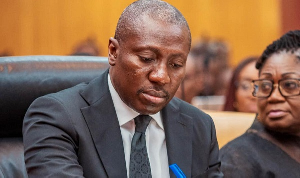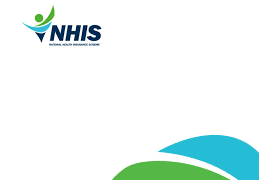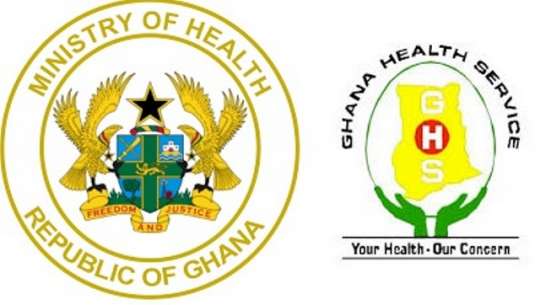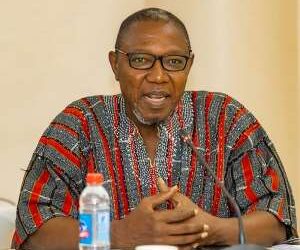Dr Patrick Kuma-Aboagye, Director-General of the Ghana Health Service (GHS), has asked the government to assist the service in acquiring the necessary medical refrigerated vehicles to aid in the delivery of crucial medical supplies to the six new regions.
He said that the new territories had several healthcare issues, which was why the service required more assistance to transport medical supplies such as vaccines, which necessitated the use of trucks with cool compartments.
Furthermore, he said that the COVID-19 pandemic has enlarged the GHS logistical demand, necessitating the need for additional regions to have high-capacity storage facilities in order to keep the vaccines in excellent condition.
“We are currently adopting innovative ways of using cold boxes in trucks we use to transport vaccines so that they are kept at low temperatures before they reach the next level,” he said.
Question
Dr. Kuma-Aboagye stated before Parliament’s Public Accounts Committee (PAC) yesterday that, while the GHS had vehicles to transport medical supplies, they also had to rely on third-party logistics entities to transport medical commodities that required the use of cold fridges or cold chain facilities.
“Apart from the six new regions, every region has a cold van, and three of such vehicles are being kept at the national level,” he said.
He was replying to issues posed by the Auditor-General’s 2020 Performance Audit Report on medical supply distribution in Ghana from 2016 to 2020.
According to the report on distribution logistics, the Audit Service discovered that the need for carrying certain medical products under cold conditions was not satisfied.
According to the report, third-party logistics and budget management centers (BMCs) carried medical goods in vehicles without cold chain compartments at different regional medical stores, despite the fact that adequate vehicles were provided during procurement.
According to the assessment, insufficient internet connection and storage facilities hampered the proper functioning of the different regional medical shops’ stock management systems.
He also addressed the usefulness of drone services in distributing drugs to hard-to-reach areas such as riverine communities, preventive measures to secure regional medical stores, delays in medical supplies to some community-based health planning and services (CHPS) compounds, shortage of medical supplies to medical stores, expiry of medical supplies at medical stores, and human resource capacity to handle medical supplies at medical stores, among other topics.
Storage conditions
Dr. Kuma-Aboagye said that the GHS had transitioned from utilizing standard vehicles to carry medical supplies to using the Ghana integrated logistics management system, which provided the service with real-time information on where logistics were required.
He said that all of those logistics relied on national infrastructure, despite the fact that certain places were inaccessible to transportation vehicles.
In such cases, he added, it was necessary to deploy drones, tricycles, and motorcycles to carry supplies to health institutions.
Dr. Kuma-Aboagye also commented on the results of a lack of temperature monitoring systems, as well as inadequate storage conditions for medical supplies.
He recognized the terrible circumstance but said that the service was addressing the concerns via its monitoring activities.
However, he said that the service, with the assistance of UNICEF and other partners, recently supplied around 300 freezers to different storage facilities to guarantee the correct preservation of medical goods.
Reclamation bond
Earlier, Mr. Henry Kokofu, Executive Director of the Environmental Protection Agency (EPA), had his turn to address questions on the Auditor-General’s findings on the agency’s performance.
He notably addressed the EPA’s inability to verify that potential small-scale miners presented reclamation bonds as a security for reclamation in the event that mined areas were abandoned.
He said that the Small-scale Gold Mining Law, 1989 (PNDCL 218), which created small-scale mining, lacked a regulatory system for the business, making the demand for reclamation bonds on small-scale mining enterprises difficult.
“The major stakeholder in all these has to do with the banks who have to open an escrow account that will be in the name of the EPA and the mining companies involved so that 20 percent of their estimated cost will be paid in cash into that account,” he said.
Read Also: Ghana spent $1billion on rice imports between 2017-2020
SOURCE: graphic.com



























